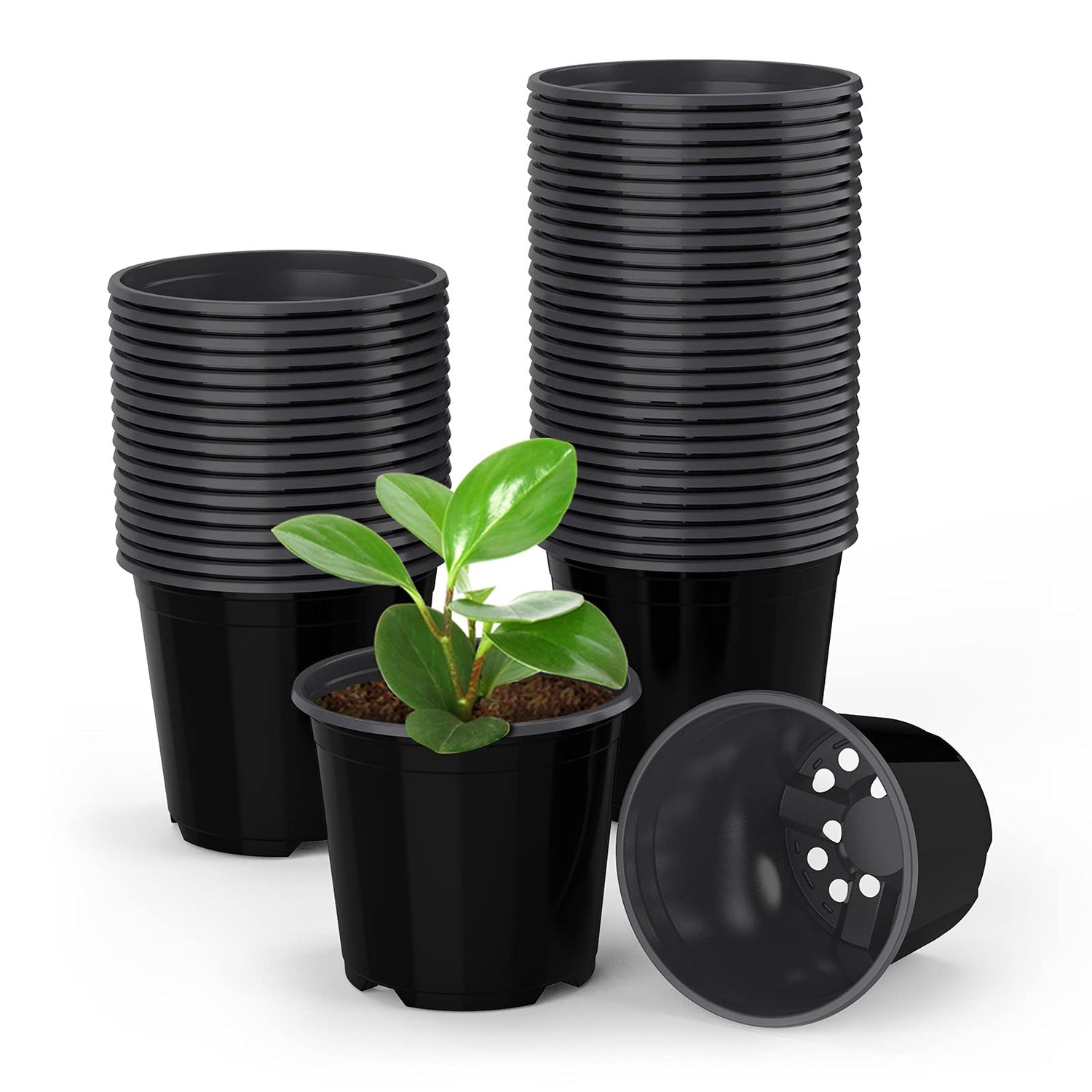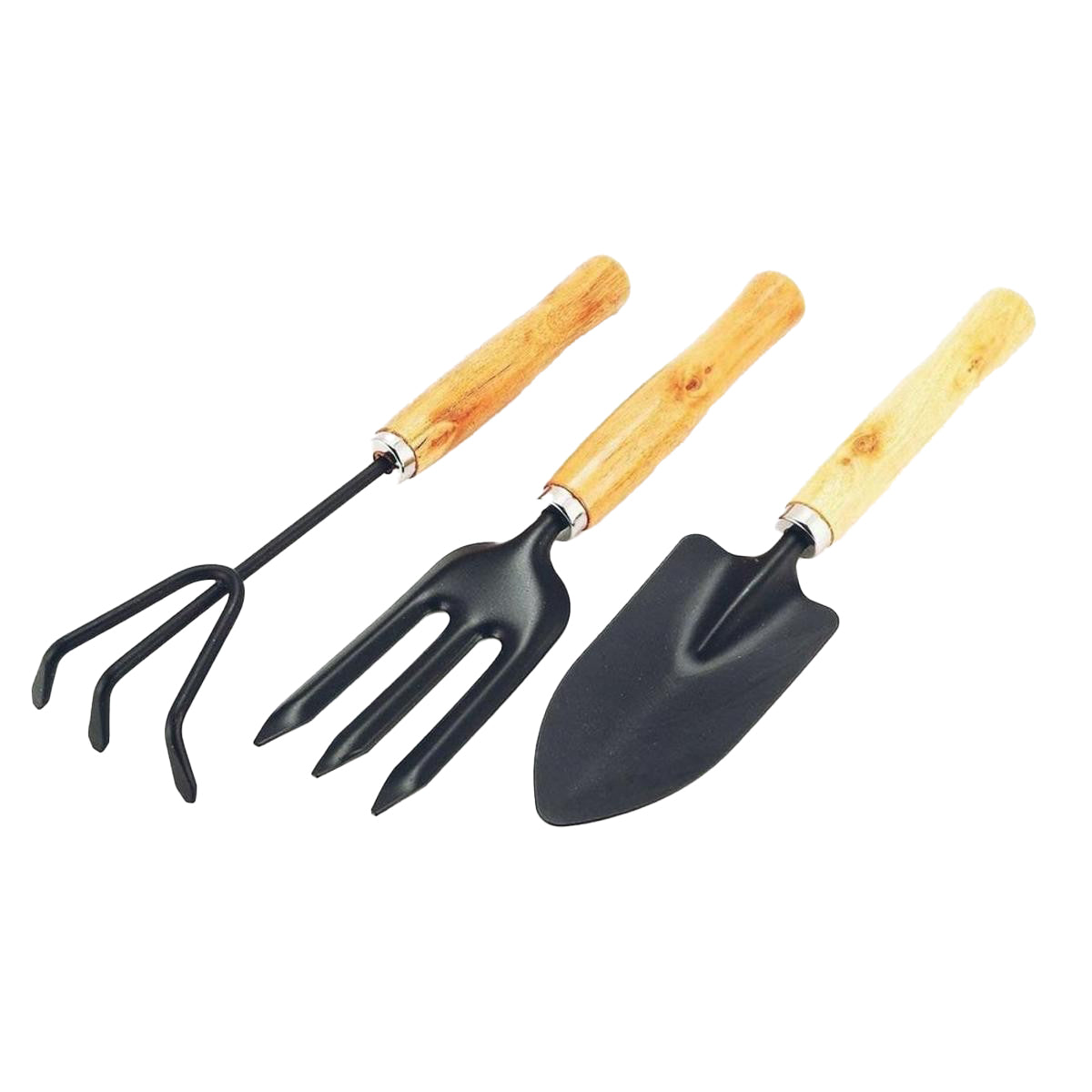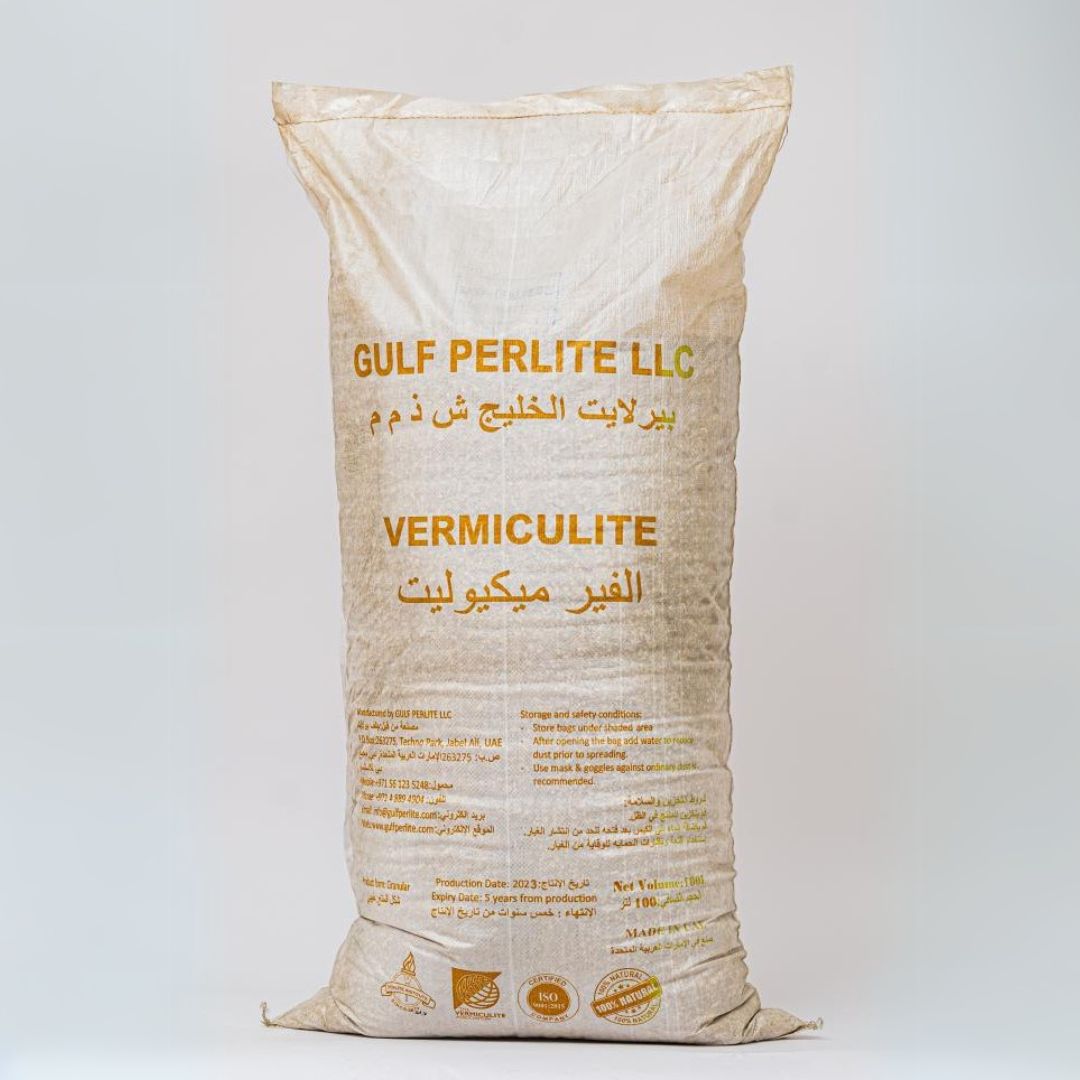
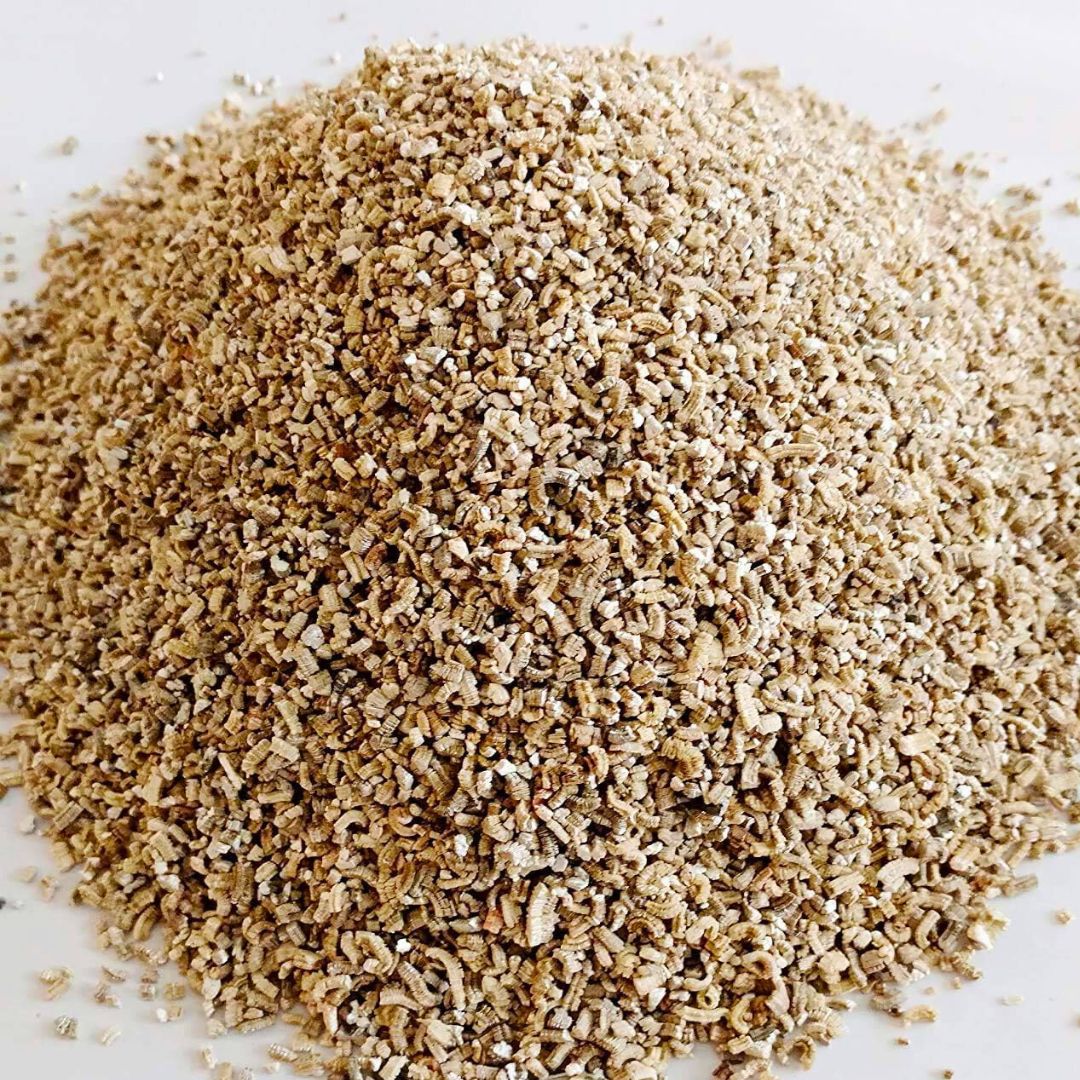
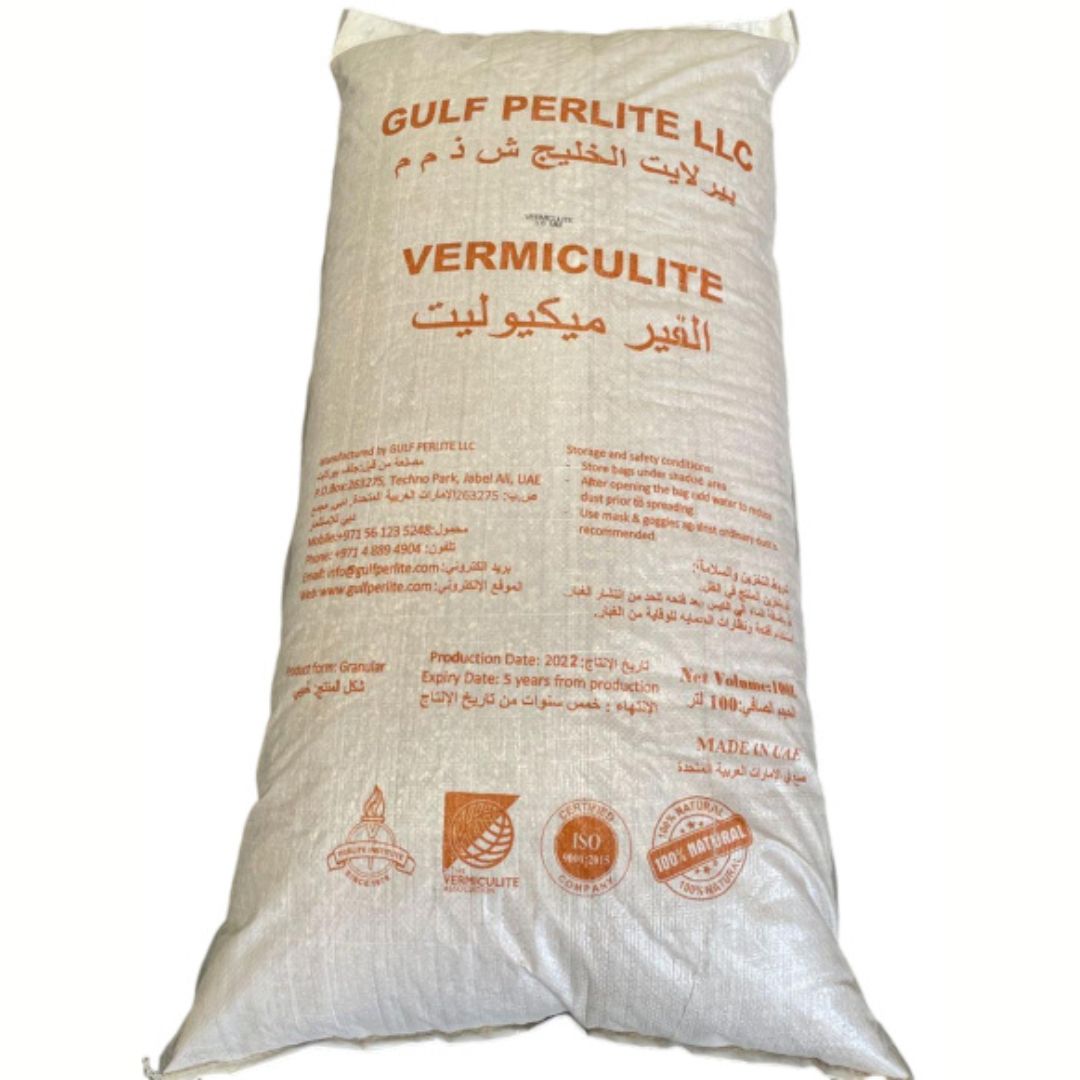
Gulf Vermiculite (ورمی کولائٹ) is a sterile, lightweight soil additive that helps your plants stay moist, breathe better, and absorb nutrients more effectively. It’s ideal for seed trays, potting mixes, rooftop gardens, and dry or compact soil.
Made for gardeners who need better water retention — especially during hot summers or when growing in containers. It pairs perfectly with cocopeat, compost, and clay soil to create the right moisture balance for vegetables, herbs, and flowering plants.
Why Use Gulf Vermiculite:
- Holds Moisture: Keeps soil damp longer — ideal for seedlings and thirsty plants
- Improves Soil Texture: Loosens hard soil and helps roots grow freely
- Retains Nutrients: Helps store and slowly release nutrients to the roots
- Safe & Neutral: pH balanced, clean, and safe for food crops and flowers
- Versatile: Use in trays, pots, beds, grow bags, or mixed with any potting media
How to Use
Seed Starting Trays:
- Mix 50% vermiculite with cocopeat or compost
- Keeps seeds evenly moist, reduces fungal issues
Potting Mixes:
- Add 20–30% vermiculite to homemade or store-bought mixes
- Use for mint, chillies, spinach, indoor plants, etc.
Soil Improvement (Beds or Grow Bags):
- Blend into clay or sandy soil to improve water and nutrient retention
- Ideal for raised beds, vegetable patches, or rooftop gardens
Transplanting:
- Add a small handful to planting holes to protect tender roots and lock in moisture
Product Details:
- Size: 100 liters
- Weight: ~8–9 kg
- Source: Gulf Perlite LLC, UAE
- Type: Expanded horticulture-grade vermiculite
Precautions:
- Avoid breathing dust during dry handling
- Use gloves or a mask if sensitive
- Store sealed in a dry, shaded place
FAQs – Gulf Vermiculite
What plants need vermiculite most?
It’s best for seedlings, leafy greens, indoor plants, and herbs that dry out easily.
Can I use it instead of perlite?
Yes — if your plant prefers more moisture. Use perlite for fast-draining mixes (like succulents).
Is it reusable?
Yes, rinse and reuse unless it’s compacted or contaminated.
Is it safe for vegetables?
Completely. It’s clean, neutral, and safe for edible plants — just don’t overuse in water-sensitive crops.
💡Tip:
Mix vermiculite with cocopeat to make a perfect base for seed trays, leafy herbs, and shallow-rooted plants — especially helpful in dry weather or low-maintenance setups.






